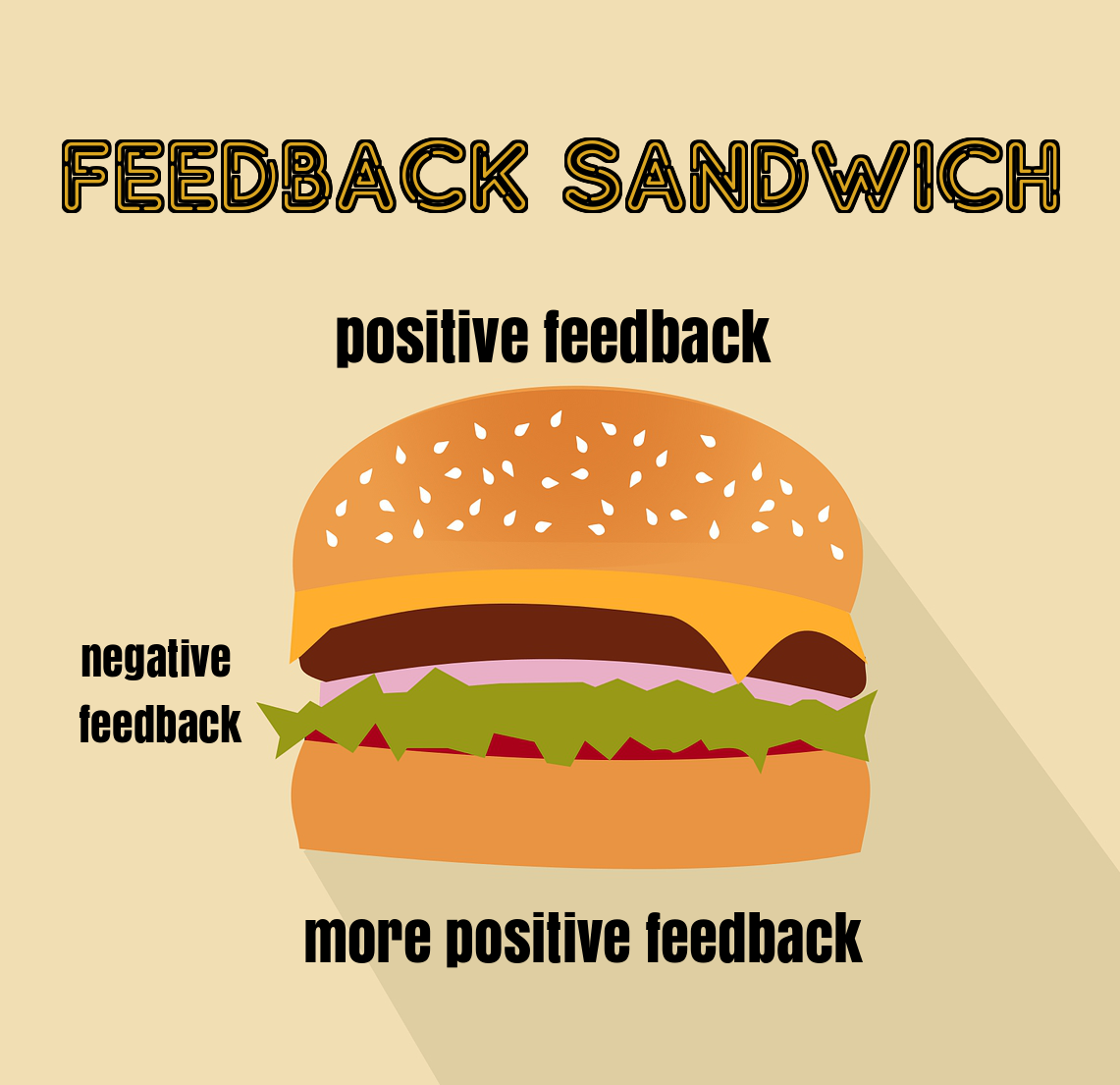10 skills you should include in your resume – Part

Hard skills are easier to be written in a resume and there is no need to be written in detail on the other hand Identifying and incorporating soft skills is not simple and is a bit more difficult.
To write soft skills on your resume, imagine yourself in the desired job and identify which of your strengths will help you perform your tasks better and more successfully. For example, you have strong communication skills, and you have a good expression technique, this soft skill could be a useful option in jobs that have direct contact with the audience and customers.
In the following, we will review ten examples of the best skills which are more important to employers.
1. Active listening skills
Active listening skills involve fully focusing on a speaker, understanding their message, and information, and providing a thoughtful response. Active listeners use a variety of verbal and non-verbal techniques to show and keep their attention on the speaker. Developing and using active listening skills shows your colleagues that you are paying attention to them and you are interested in the conversation.
Related listening skills are:
o Asking questions
o Noting
o Interpersonal relation punctuality
o Verbal and non-verbal communication
2. Communication skills
Communication skills are the abilities that you use when sending and receiving different types of information. For example, the ability to communicate ideas, feelings, or events that are happening around you. Communication skills include listening, speaking, observing, and empathy. Having strong communication skills is important in any industry and at any job level.
Related communication skills are:
o Active listening
o Constructive criticism
o Interpersonal communication
o Public speech
o Verbal/non-verbal communication
o Written communication
3-Computer skills
Computer skills include the ability to learn and using different technologies. Hardware skills allow you to physically work with computers. These skills start from the very simple spectrum, such as knowing how to turn on and off the devices and include working with computers to very professional levels.
Software skills help you use computer programs and software to increase your productivity. Some software skills may be more important to employers, and they consider a candidate's mastery of them as a requirement.
Knowing a specific programming language or mastering Excel software can be among these examples.
Related computer skills are:
o Typing/word processing
o Mastery of coding languages
o Systems management
o Excel
o Email management
4. Customer service skills
Customer service skills are the practices that help you meet customer needs in order to create a positive experience. Customer service skills rely heavily on problem solving and communication. Customer service is often considered as a "soft skill". Skills such as active listening and finding verbal and non-verbal signs can be influential in your success in providing customer service.
Skills related to customer service:
o Active listening
o Empathy
o Interpersonal skills
o Problem Solving
o Reliability
5. Interpersonal skills
Interpersonal skills are the properties you rely on when interacting and communicating with others. In all scenarios and situations that require communication with other people, these skills can come in handy. Developing interpersonal skills to work effectively with others, solve problems and lead projects or teams can be very effective and important.
Relevant interpersonal skills include:
o Communicate
o Empathy
o Flexibility
o Leadership
o Patience





0 Comments